How IV Stem Cell Therapy is Transforming Health Treatment in Mexico
.png)
Mexico has emerged as a global leader in regenerative medicine, attracting patients from around the world seeking innovative treatments like IV stem cell therapy. This advanced procedure offers new hope for a wide range of chronic and degenerative conditions that have been difficult to manage with conventional medicine. But how exactly does it work? What happens when these "master cells" are introduced into your body, and what makes Mexico a prime destination for this cutting-edge therapy?
The core principle of IV stem cell therapy in Mexico is to harness the body's own natural healing mechanisms and amplify them. By delivering a high concentration of potent stem cells intravenously, the therapy aims to repair damaged tissues, calm overactive immune responses, and improve overall cellular function. This guide will delve into the science behind the treatment, the conditions it addresses, and what you can expect from the process at a certified Mexican clinic.
What Are Stem Cells and How Do They Work?
Think of stem cells as your body's internal repair crew. They are "unspecialized," meaning they can transform into specialized cells like muscle cells, nerve cells, or cartilage cells as needed. The most commonly used type for therapeutic purposes, especially in Mexico, are Mesenchymal Stem Cells (MSCs).
MSCs are particularly powerful because they have three key properties:
- Differentiation: They can transform into a variety of cell types to replace damaged or diseased cells.
- Anti-Inflammatory Effects: They release proteins that powerfully combat chronic inflammation, a root cause of many diseases.
- Immunomodulation: They help regulate the immune system, calming it down in cases of autoimmune disease where the body mistakenly attacks itself.
How Does the IV Administration Process Work?
The intravenous route is key to the therapy's effectiveness for systemic conditions. Once in the bloodstream, the stem cells act like intelligent homing devices. They are naturally attracted to signals of inflammation and damage. They travel to these affected areas, where they can then begin their regenerative work.
The process at a reputable clinic in Mexico generally follows these steps:
- Initial Consultation: A thorough review of your medical history and health condition to determine if you are a suitable candidate.
- Personalized Treatment Plan: A specialist creates a protocol tailored to your specific needs, including the type and dosage of stem cells.
- IV Infusion: The stem cells are administered slowly and safely via an IV drip in a controlled clinical setting. The procedure is painless and minimally invasive.
- Observation: After the infusion, you will be monitored for a short period to ensure there are no immediate adverse reactions.
- Follow-Up: Reputable clinics provide ongoing support and follow-up to monitor your progress after you return home.
Where Do the Stem Cells Come From?
The use of allogeneic (donor) cells from these sources is a key advantage. Unlike autologous cells (taken from the patient's own body), these donor cells are incredibly vibrant and have not been affected by the patient's age or underlying disease.
- Umbilical Cord Tissue: This is considered a gold standard source. The tissue, collected after a healthy birth with full consent, is rich in MSCs that are immunologically privileged, meaning they have a very low risk of rejection.
- Placental Tissue: Similar to the umbilical cord, the placenta is another excellent source of high-quality, young MSCs.
- Adipose (Fat) Tissue: MSCs can also be derived from the fat of pre-screened donors.
Reputable clinics in Mexico use certified labs that follow strict FDA and international standards to screen donors and process the cells, ensuring they are safe, viable, and free of contaminants.
What Health Conditions Can Be Treated with IV Stem Cell Therapy?
Because the stem cells travel systemically, they can address problems throughout the body. Some of the most common conditions treated include:
| Condition Category | Specific Examples |
|---|---|
| Autoimmune Diseases | Rheumatoid Arthritis, Multiple Sclerosis (MS), Lupus, Crohn's Disease, Hashimoto's |
| Neurological Disorders | Parkinson's Disease, Alzheimer's Disease, Stroke Recovery, Autism, ALS |
| Orthopedic & Musculoskeletal | Osteoarthritis, Degenerative Disc Disease, Chronic Pain, Fibromyalgia |
| Cardiovascular & Metabolic | Heart Failure, Diabetes (Type 1 & 2), Peripheral Artery Disease |
| Anti-Aging & Wellness | Enhanced Energy, Improved Cognitive Function, Skin Rejuvenation, Hair Loss |
Is Stem Cell Therapy in Mexico Safe and Regulated?
Patient safety is paramount. It is crucial to do your research and choose a clinic that is transparent about its licensing, physician credentials, and cell sourcing. A trustworthy clinic will:
- Hold a COFEPRIS license for regenerative medicine.
- Use cells from a licensed and certified laboratory.
- Have a team of qualified medical specialists.
- Provide clear, evidence-based information and avoid making unrealistic "cure-all" claims.
The regulatory environment in Mexico allows for more advanced and varied stem cell applications than are currently available in the US or Canada, but this makes patient due diligence even more important. By choosing a high-quality, certified provider, you can access these innovative treatments safely and effectively.
Interested in Exploring Stem Cell Therapy in Mexico?
PlacidWay can help you connect with leading, certified stem cell clinics in Mexico. Get personalized information, compare treatment options, and take the next step on your journey to better health.


.png)
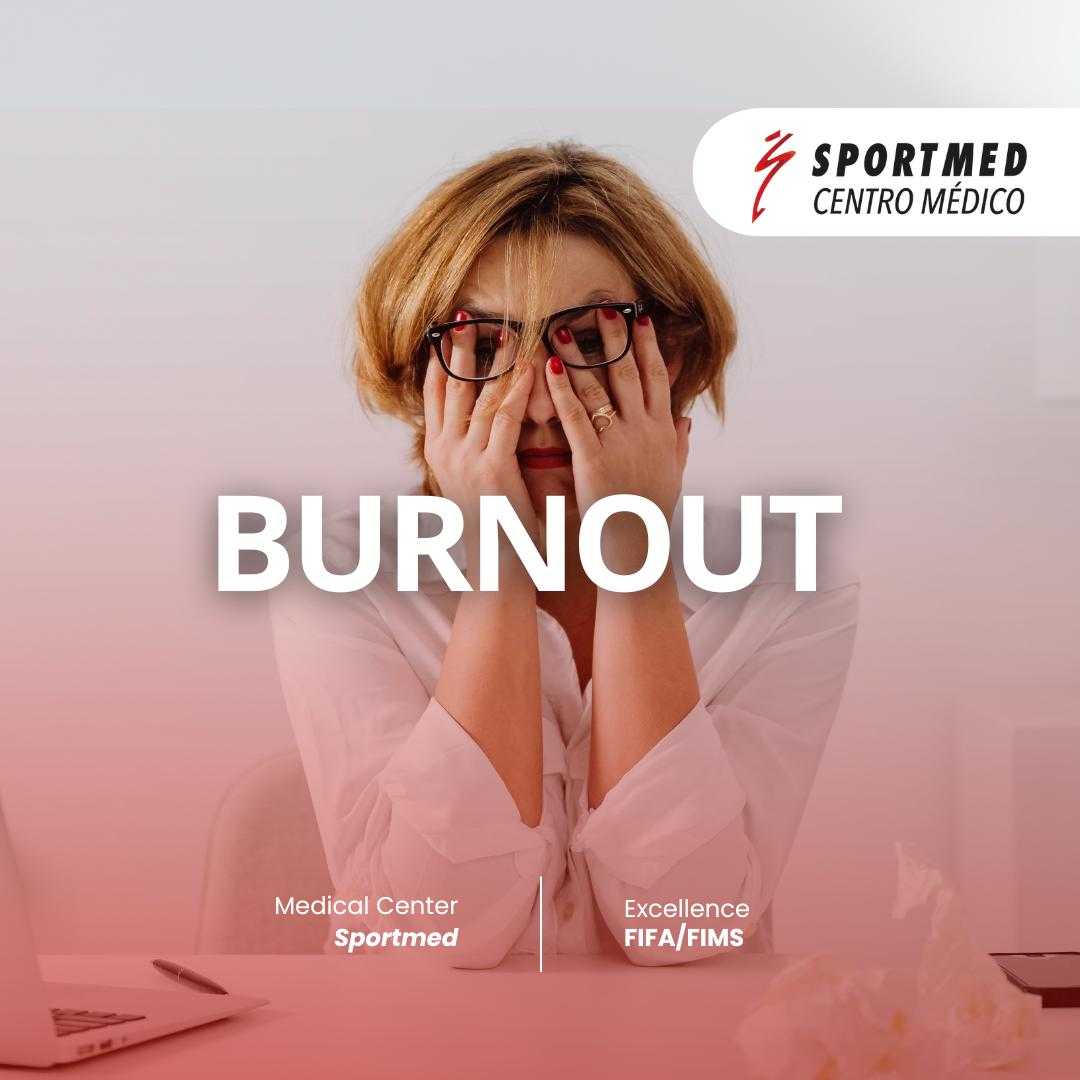
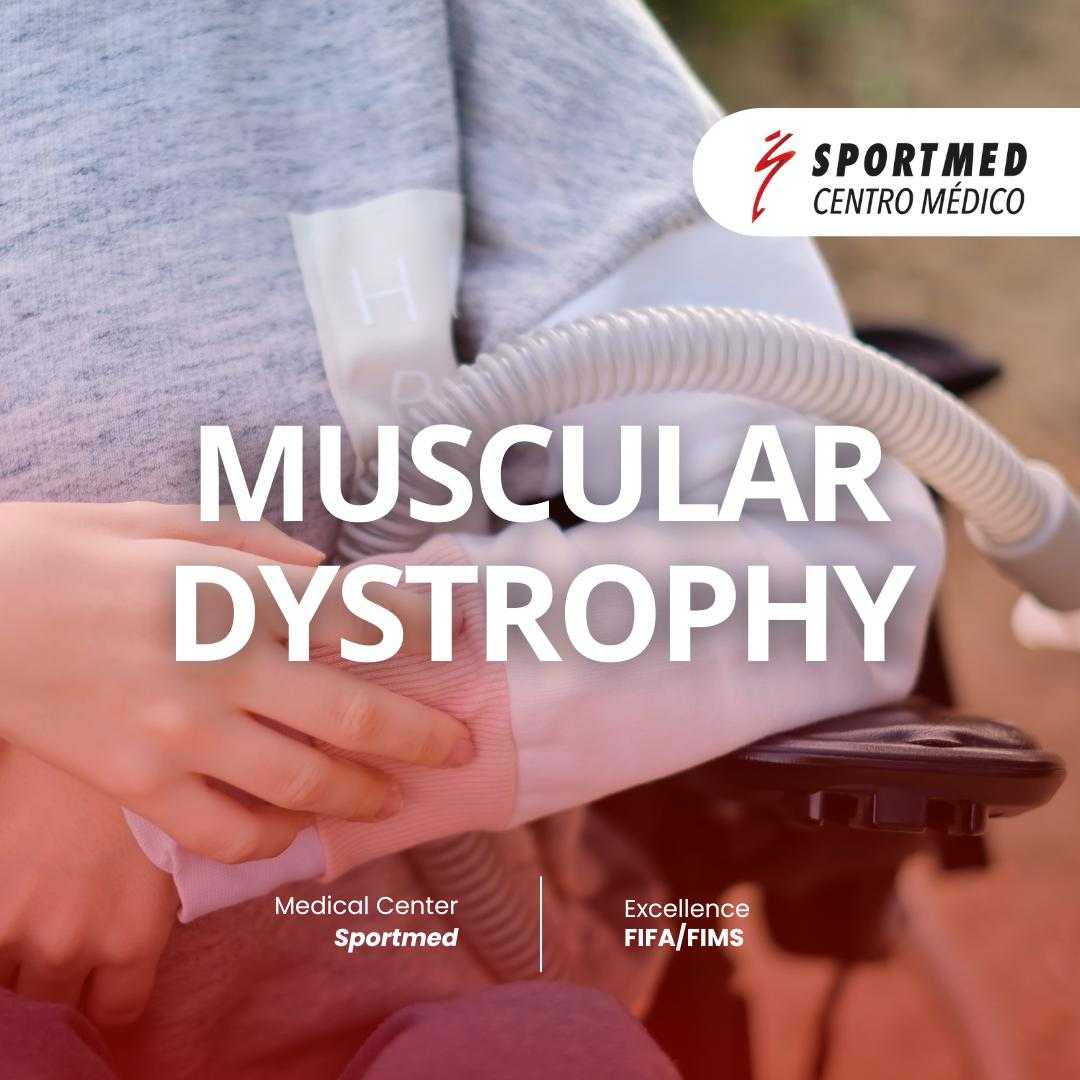
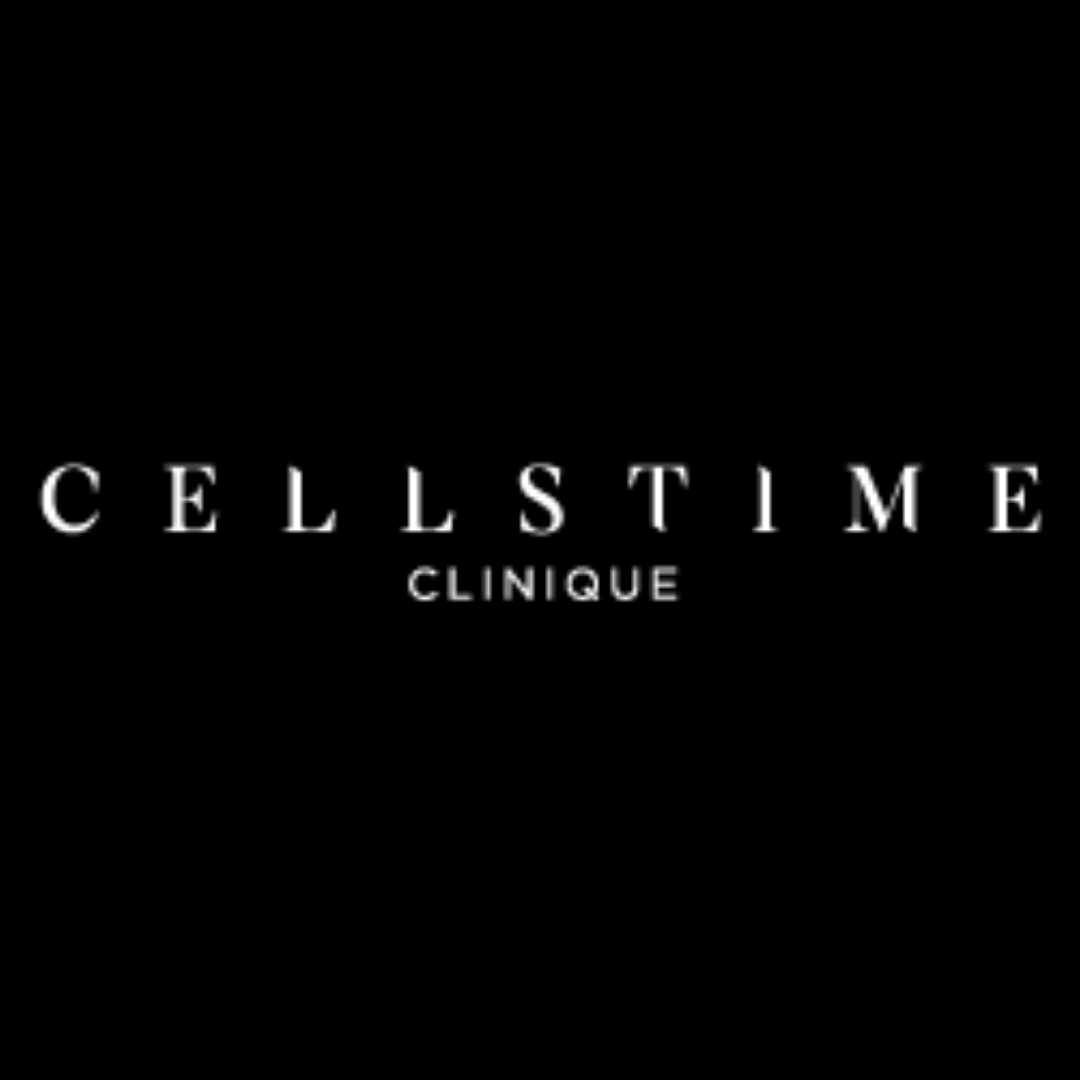
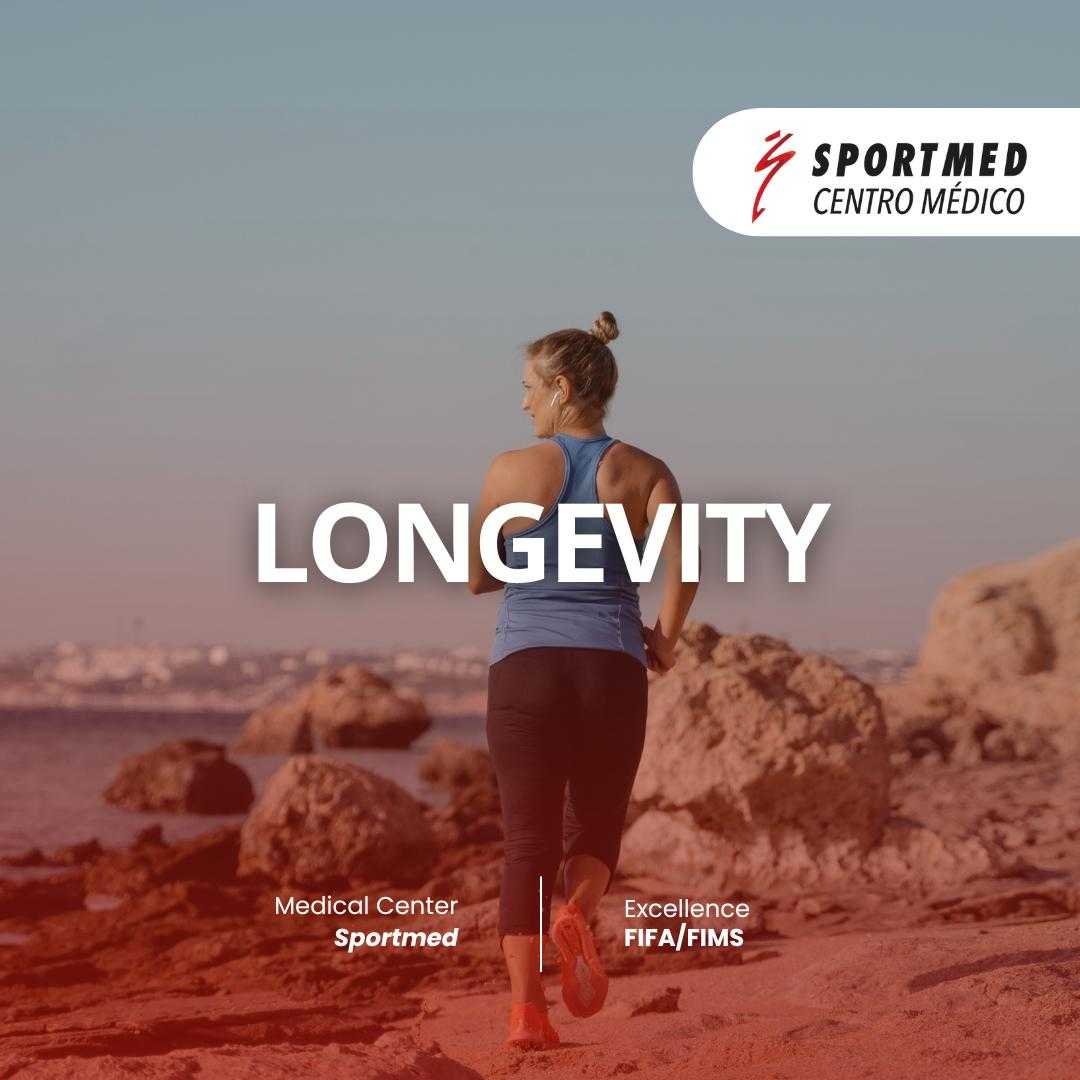
.png)
.png)
.png)
.png)


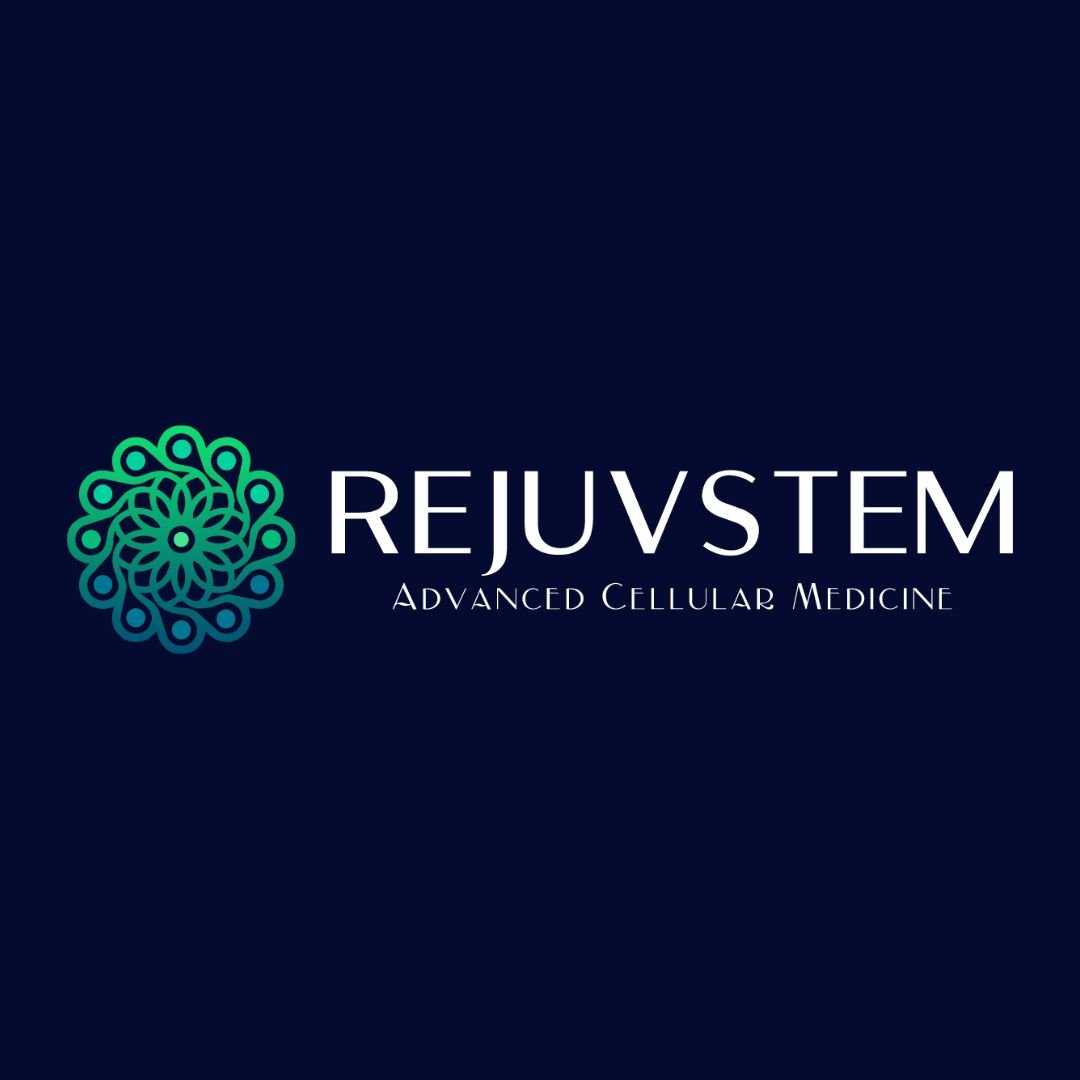
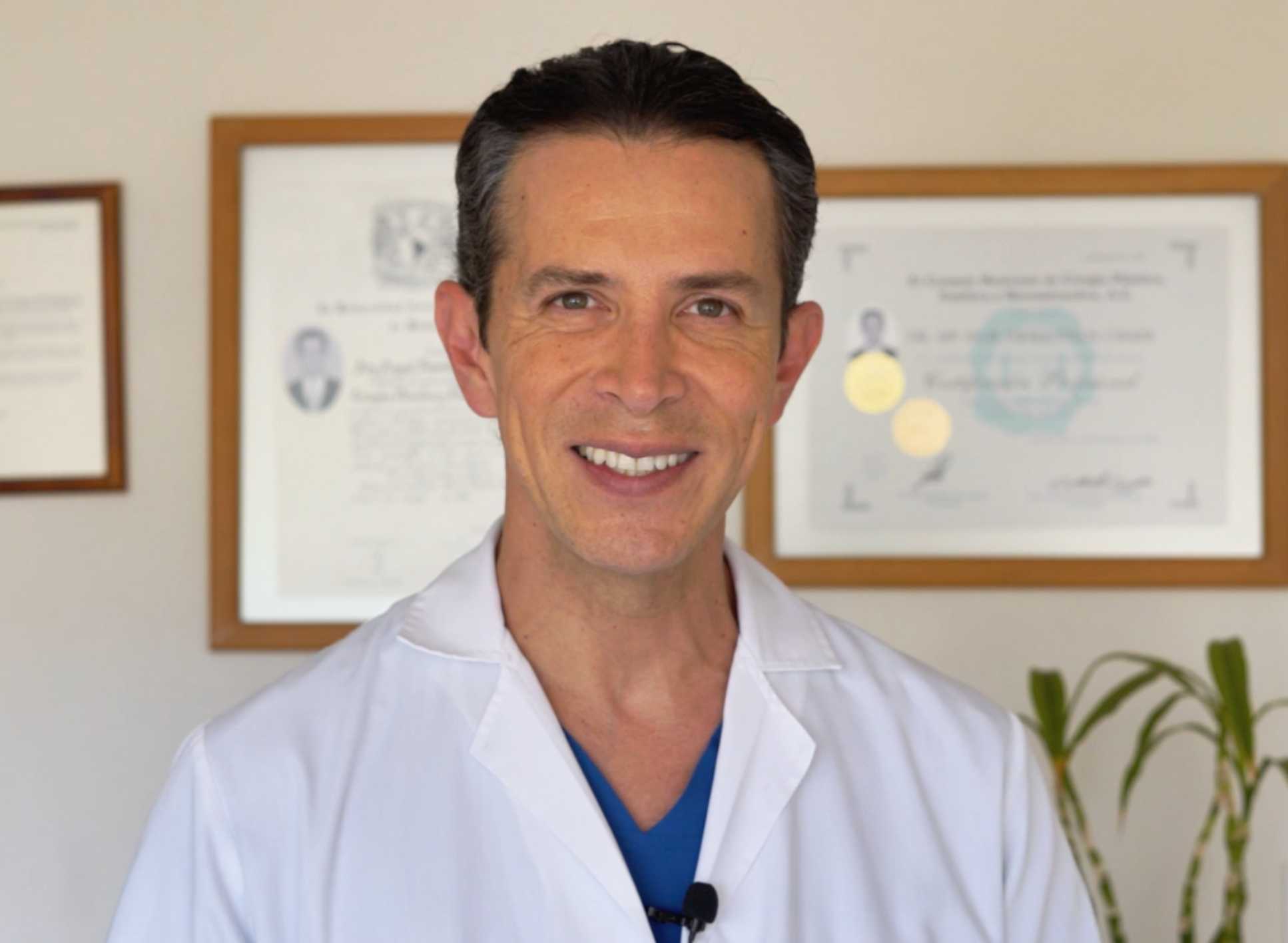
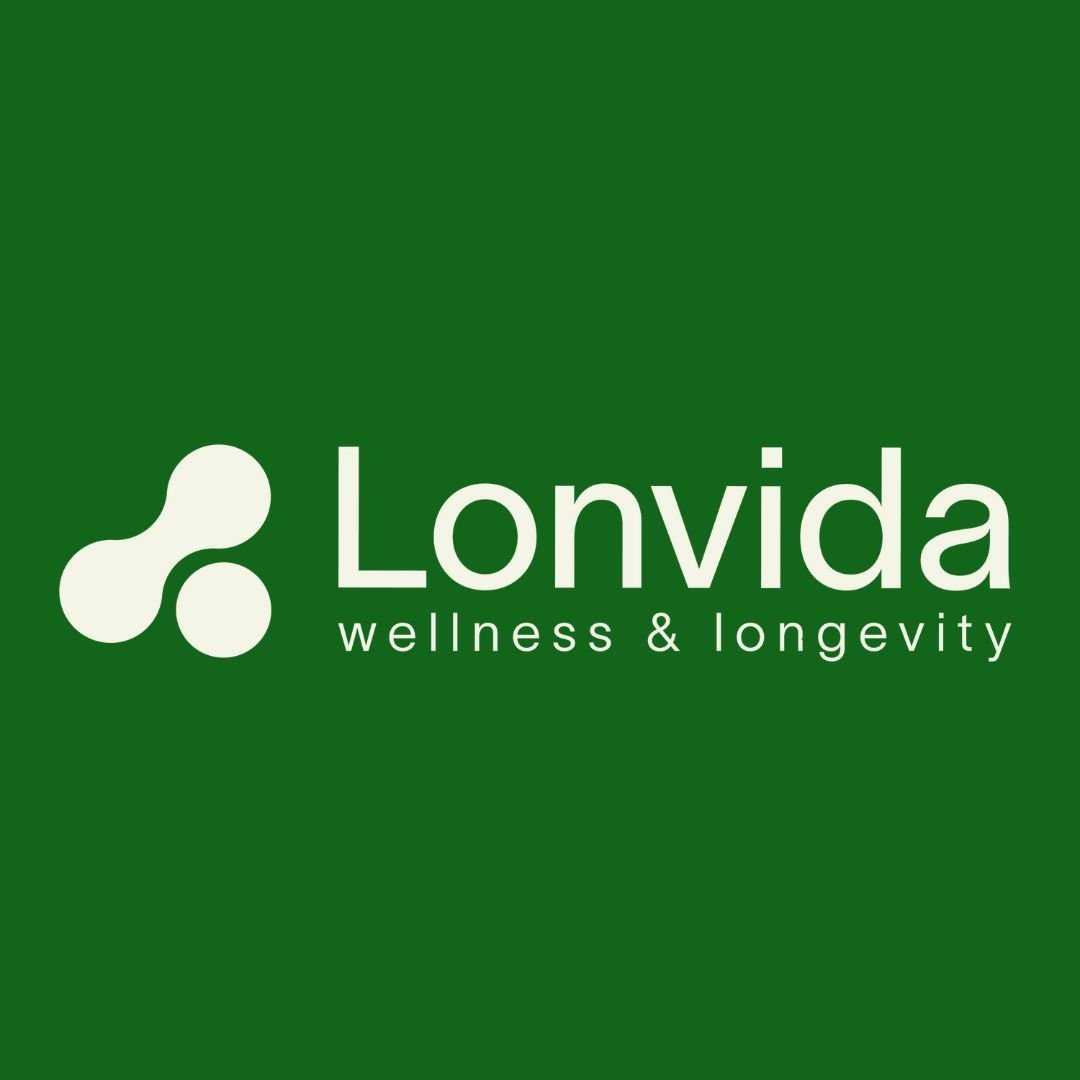

Share this listing